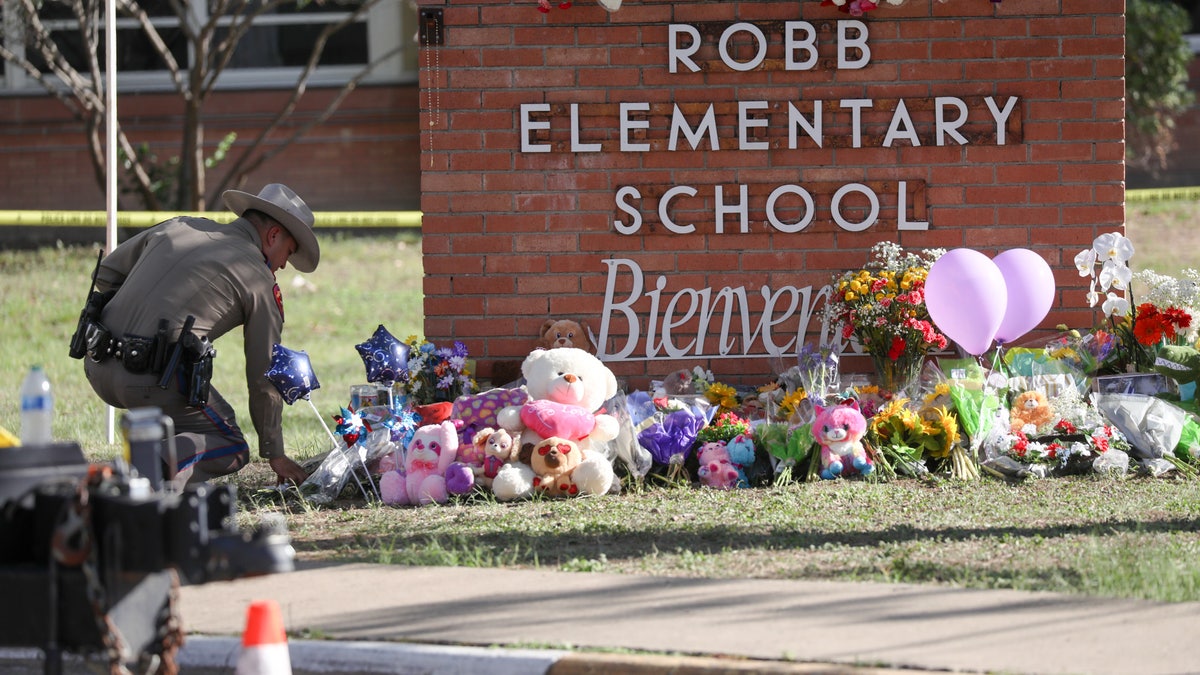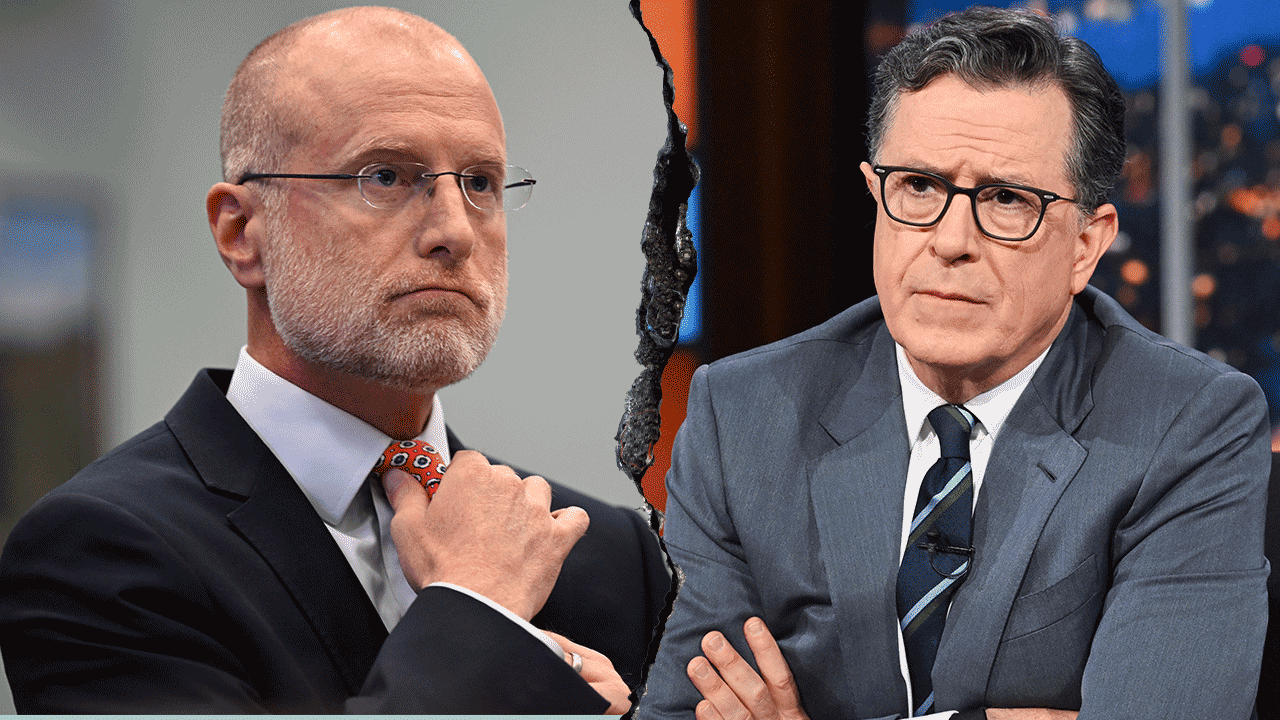Ingraham: Exposing the evil behind mass shootings
Laura Ingraham dives into the similarities present among school shooters and why no one is choosing to call attention to red flags early on ‘The Ingraham Angle' after the Uvalde tragedy.
Laura Ingraham showcased the warning signs of school shooters and asked why no one calls attention to irregularities before it's too late on "The Ingraham Angle" Wednesday in the wake of the tragedy at Robb Elementary School in Uvalde, Texas.
LAURA INGRAHAM: He didn't talk very much. He kept to himself. He didn't have many friends. He was kind of a weird one. Something was off about him. He spent a lot of time online. He didn't go to school much last year. Dad wasn't on the scene. Something changed lately with him. He was more volatile. These are just some of the things we've learned in the past 30 hours or so about the Uvalde shooter. But those descriptions could fit any number of the school shooters from the past 25 years or so.
INGRAHAM TO POLITICIANS: TRAGEDY IS NOT THE TIME TO SHAME OUR NATION
Virginia Tech. Sandy Hook. Parkland. Look at their eyes. They're all the same — vacant. Dead. A few years ago, a study of mass shooters found that 98% of them were male. The average age, 34. But there were other commonalities. First, the vast majority of mass shooters experienced early childhood trauma and exposure to violence at a young age. The nature of their exposure included parental suicide, physical or sexual abuse, neglect, domestic violence and/or severe bullying.
And with these school shooters, the young men often show signs of severe distress long before they open fire. But either no one intervenes or the interventions that do occur aren't effective. Practically every mass shooter studied had reached an identifiable crisis point in the weeks or months leading up to the shooting. They often become angry and despondent because of a specific grievance We probably will never know the complete picture here.

A view from the makeshift memorial in front of Robb Elementary School in Uvalde, Texas, on May 25, 2022. (Photo by Yasin Ozturk/Anadolu Agency via Getty Images)
But when a high school kid cuts his own face with a knife, as Ramos did — one of his friends saw it — someone should have said something.
CLICK HERE TO GET THE FOX NEWS APP
They should have done something. But they didn't. They just wrote him off as odd or quirky or weird or maybe antisocial. In other words, they let it ride. It's too risky to get involved. Someone else's problem. Even family members look the other way or threw up their hands. Or they say they were blind to the warning signs.
WATCH FULL VIDEO HERE:










































